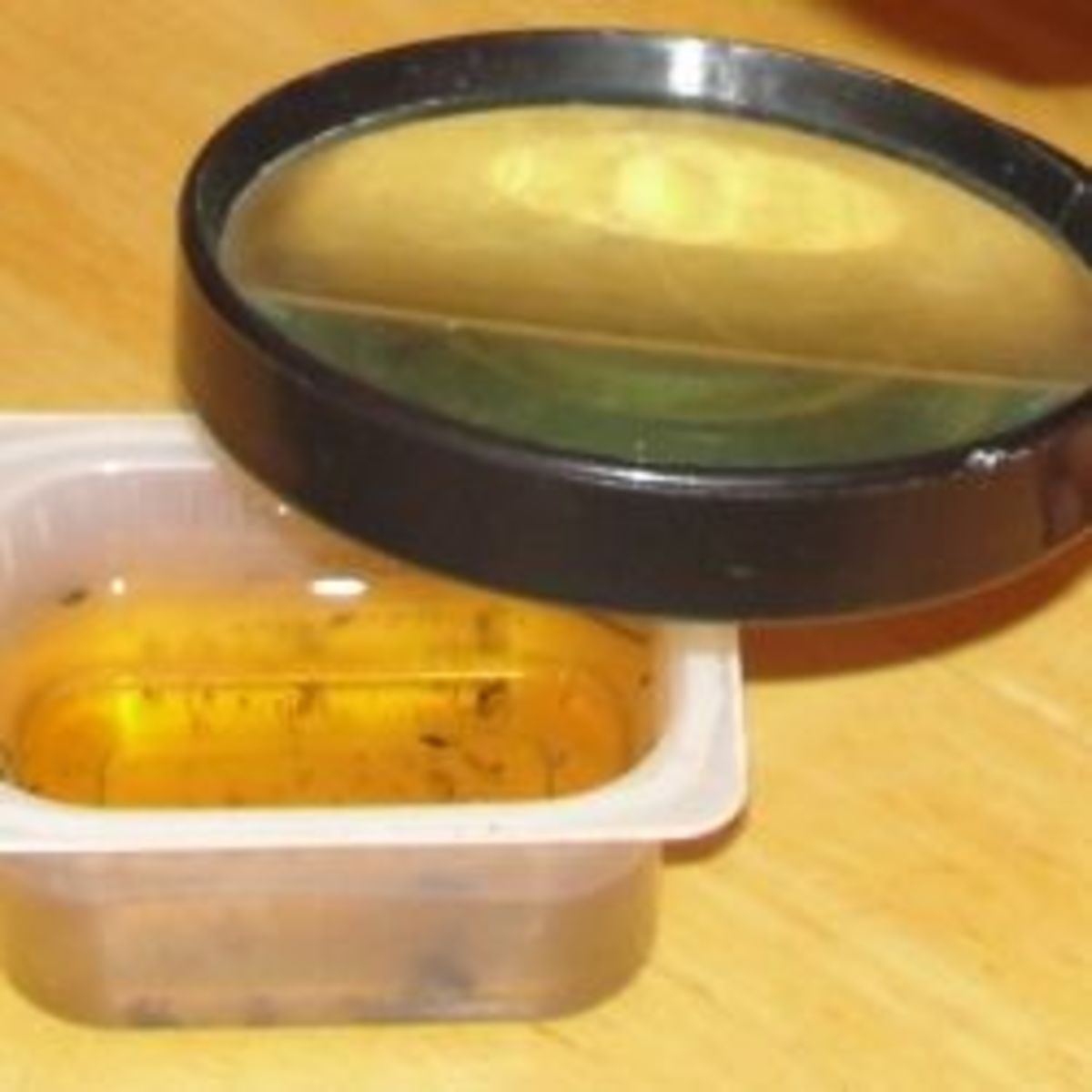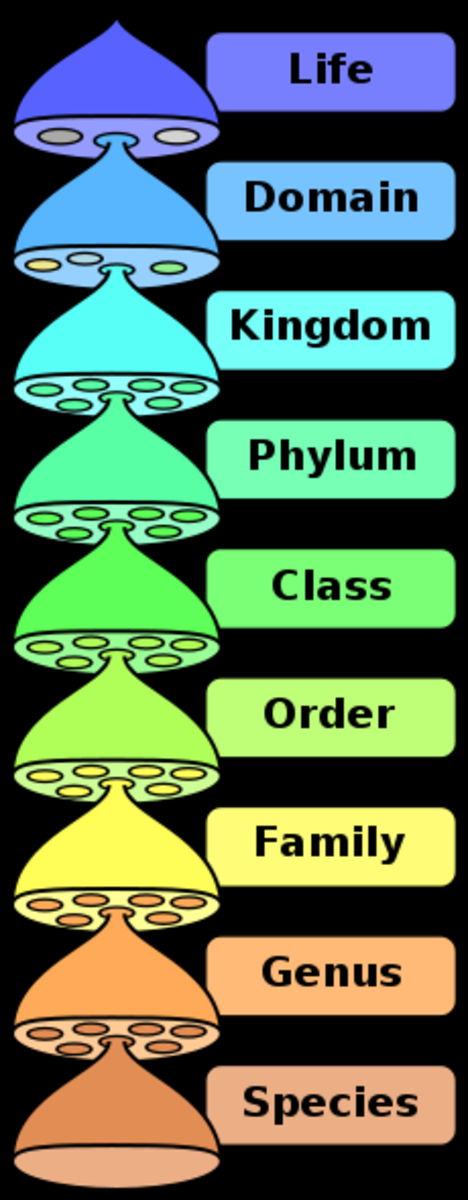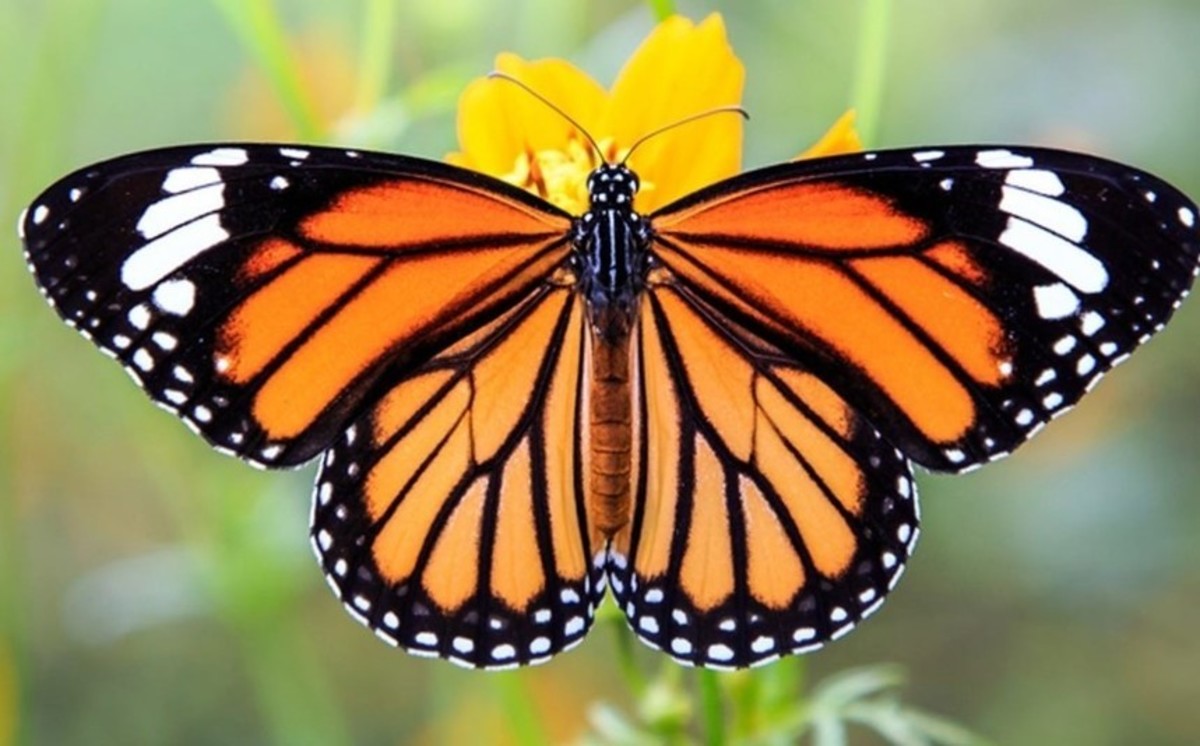- HubPages»
- Education and Science»
- Life Sciences»
- Entomology
Insects: Can We Survive Without Them?
Insects: In their millions and not two alike
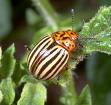

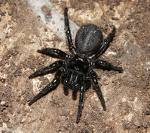
Insects: The Good, the Bad: All Needed
Despite the fact insects are by far the most numerous creatures on earth, representing an astounding 80% of all animal species, people on the whole know little about them. We all learn the obvious in school, that they have 6 legs, three segmented bodies, compound eyes and a few other facts. That there are actually 900,000 documented species and around 10,000 being added each year and that this is probably less than 20% of all the species we haven’t discovered yet, and may never do so due to the fact of the thousands being made extinct all the time is less well known.
We have established that all insects fall into the class Hexapoda, in the phylum Arthropoda, (Phylum or phyla is a term describing a division below Kingdom, but above Class). Other classes in this phylum are the Arachnids: spiders and scorpions, etc. Also the Chilopoda, centipedes; the Diplopoda, millipedes. There are seven such classes all told for insects. The taxonomic system dates back to the “Father of Taxonomy,” Carolus Linnaeus, in the mid eighteenth Century. The system works, but is top-heavy and unwieldy owing to the plethora of information on all species today, starting with the genome. Insects are further classified into Orders, which, in turn have sub-chapters, Families, Genera and Species. As you will probably be nodding-off by now and won’t conceivably need to classify the mosquito which just bit you, apart from into a class called nuisance, and the order of one who needs swatting, we’ll leave the taxonomy there.
In fact, without attempting a book on insects, hundreds of which lie, unread and dusty on the library shelves and producing another would call for a scientific bent and patience beyond this humble scribe right now, it’s hard to decide on just what to focus on in these short articles.
Perhaps it would be interesting to look at a few insects which are beneficial to mankind, and some that are not.
First of all, can we imagine a world without insects? No more cockroaches, scary spiders, biting mozzies and the rest, but also no beautiful butterflies and moths. Along with banishing insects from our world, we would have to do without thousands of flowering plant species which depend on insects to pollinate and spread. Worse, we would have to say goodbye to nearly all the birds which depend directly or indirectly on insects and plants to survive. We would wonder why there was a stinking layer of organic waste in our woodlands and parks, etc., when there were no insects to constantly feed and clean, We might find our own crops would not grow well as before without all the insect species that aerate the soil and providing the nutrition from their excreta and carcasses, aiding the fungi also responsible for organic waste breakdown and well balanced soil.
As well as these obvious and traditional benefits, science has found insects provide a method for helping us study genetics and forensic clues as to the manner of all sorts of death.
It would be no use just getting rid of the ones we fear and dislike either. Wave a wand and banish all the spiders and other arachnids would condemn mankind to an early demise in a few short years, suffocated by all the flies and other species they prey on. Have you ever looked at a hedgerow in summer? There are spiders every few inches, spinning webs, running around hunting or feeding on some cocooned victim. The flies and all the rest they prey upon lay millions of eggs; thanks to this predation, few survive. Spiders are our great friends and should be recognized as such during their rare forays into our dwellings, and especially regarding the permanent occupation of our gardens.
As you look at the jars of golden honey in Tesco’s shelves, dwell a moment on the labour of the millions of bees who made this miraculous substance. That glamorous silk scarf around your neck is only there because the product from the silkworm moth was recognized thousands of years before. Even insects many would deride and say “Ugggh” at their appearance, maggots, were once used by surgeons to clean wounds, not realising why they seemed to heal better after the little worm’s ministrations. We know now, this type of maggot (not to be confused with the screwworm maggot…see hub), has a natural secretion called allantoin, a natural antibiotic which aids healing and new tissue growth. The thinkers amongst us might ponder “Why is this so? Is it because the maggot actually wants to help us heal instinctively for reasons that benefit it, also?” It may indeed be so.
There are two main areas in which insects become pests to mankind, One is when they increase too rapidly and become plagues, deforesting hundreds of acres and destroying crops we depend on for survival. In fact, insect pests deprive the world of one quarter of its food supply! Some of these which have become major scourges in the past are the wheat-eating Hessian Fly, the Chinch Bug, which does the same to corn (maize), and the Colorado Potato Beetle, which has spread through the USA and Europe, laying waste potato and vegetable crops. A bigger problem before synthetics, the Boll Weevil devastated cotton crops. At the household level, we have the Clothes’ Moth larvae munching away in our wardrobes, (less a worry today in the throwaway society where clothes aren’t kept long, not are of the quality of those from previous generations). Cockroaches are a menace in the sub-tropical areas where they foul or eat any food not under lock and key; termites eat our wooden houses and leaf-cutter ants can cut the garden down in a weekend. (Worth it to watch these fascinating creatures at work).
The other area of insect menace to man, is the blood-sucking carriers of all sorts of nasty diseases. The mosquito is the number one offender, having sent millions to an early grave with malaria, now well on the increase. We also see Trypanosomiasis (both African, Sleeping Sickness from the Tsetse Fly vector, and American Chaga’s Disease, from the infected Reduuvid Bug). Both these diseases have proven impossible to control. All sorts of biting insects annoy us, fleas, ticks, mites and the rest, some with pathogens, others just an irritating annoyance, like chiggers, for example (kindly see my hubs on most of these pests). One flea, the rat flea, transmitted the “Black Death” plague to millions in 14th Century Europe, eventually causing the death of 25 million citizens, one quarter of the then population.
And then there are many which hardly attract our attention, neither beneficial not harmful in any obvious way, just living their lives and occupying the space made for them by evolution over millions of years. It is a truism, however, that removing any brick from the building, will have an effect on the house overall. We are all interdependent in this world and every creature has its place and its effect on its fellows. We would do well to address this as we chop down rainforests , damn rivers and poison the oceans. We may end up with an environment non-supportive and even toxic to man; the signs are there already, and it will soon be too late to undo the damage.

